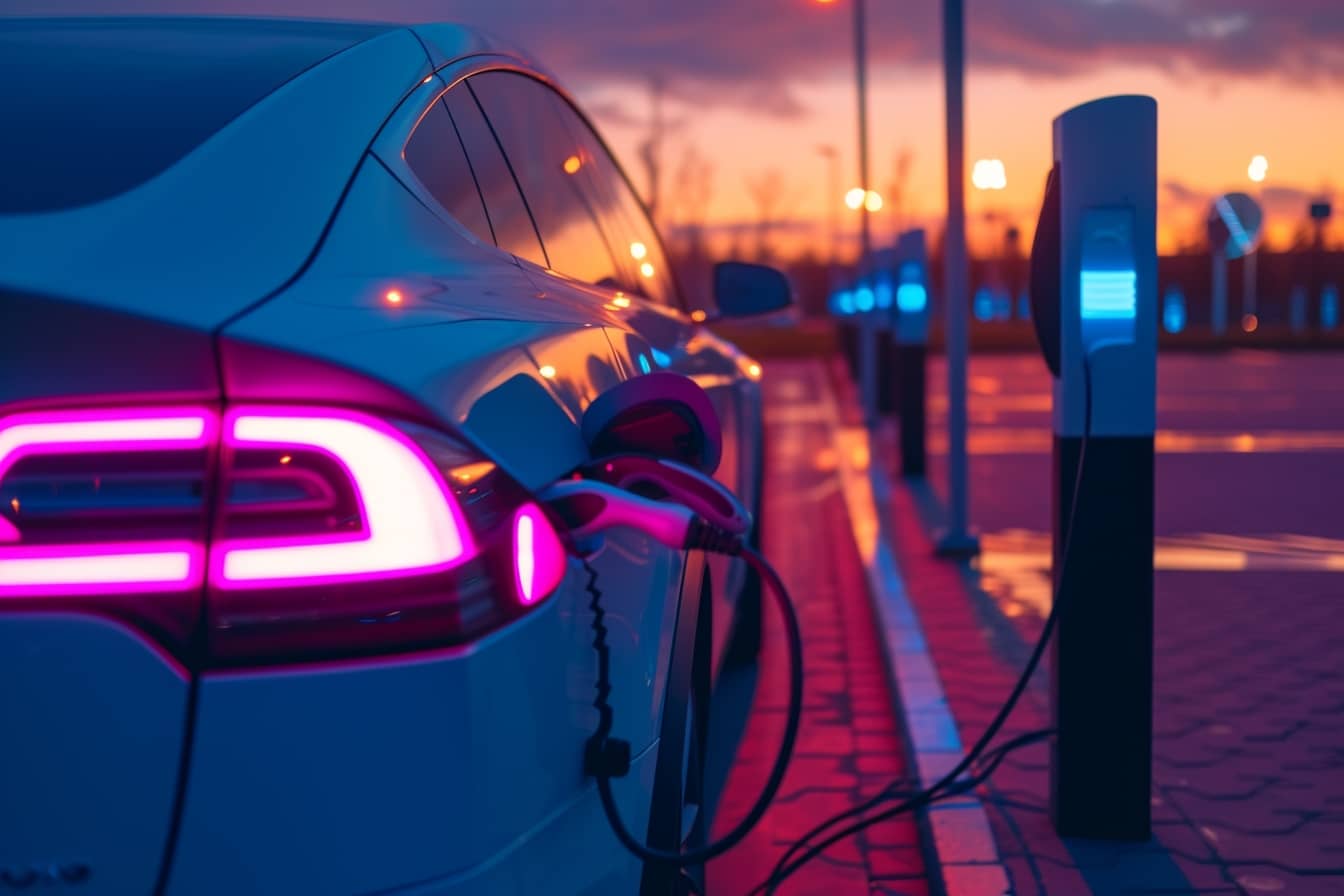Think for a moment: what would it be like if we didn't have to wait hours to recharge an electric car? Researchers at Cornell University are bringing us closer to this possibility by developing a new rapid battery that charges in just five minutes. This discovery would not only solve the problem of long charging times, but could also make electric cars more common and accessible for everyone.
The era of fast charging
The energy transition towards electric vehicles faces several challenges: among these, battery charging time. The current fastest charging stations take around 30 minutes for a full charge: this is already an advance compared to the 8 hours required by a home charger, but still far from optimal.
Lynden Archer, professor and dean of Cornell Engineering, leads the team that conceived this revolutionary rapid lithium battery. Their research was not limited to mere charging speed, but explored new horizons in the field of electrochemical reactions and the movement of ions in batteries.
A new approach
To achieve faster charging, scientists have focused on Damköhler number, a concept that evaluates the rate of chemical reactions versus the rate of transport of materials. By discovering that indium, a soft metal, has a low Damköhler number and therefore fast transport rates, the team found the key to ultra-fast charging.

Indium, a material often used to join electronic components at low temperatures and also found in coatings for solar panels and touch screens, has proven to be very useful for batteries. This is because it requires less energy to allow the movement of ions (very small charged particles that move inside the battery during charging and discharging) and because it facilitates the exchange of current (the flow of electricity) efficiently. These features help charge the battery faster and make it last longer.
Fast battery: impact and future prospects
This development could be a game changer for the electric automotive industry. “If you can recharge an EV battery in five minutes, you don't need a big battery for a 500 kilometer range,” says Archer. Reducing the size of the battery could also significantly lower the costs of electric cars, pushing for wider adoption.
Cornell's innovation represents a significant step forward on our path to a more sustainable future. With these new batteries, the adoption of electric vehicles could increase exponentially, bringing us closer to a world where transportation is no longer a threat to our environment. A bold vision, certainly, but now closer to reality.
The research was published in the newspaper Joule this month.


